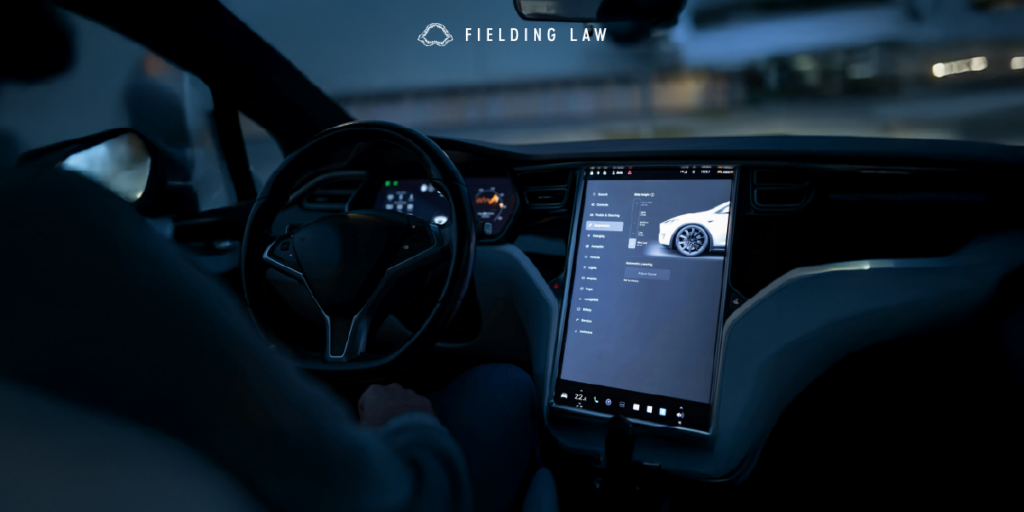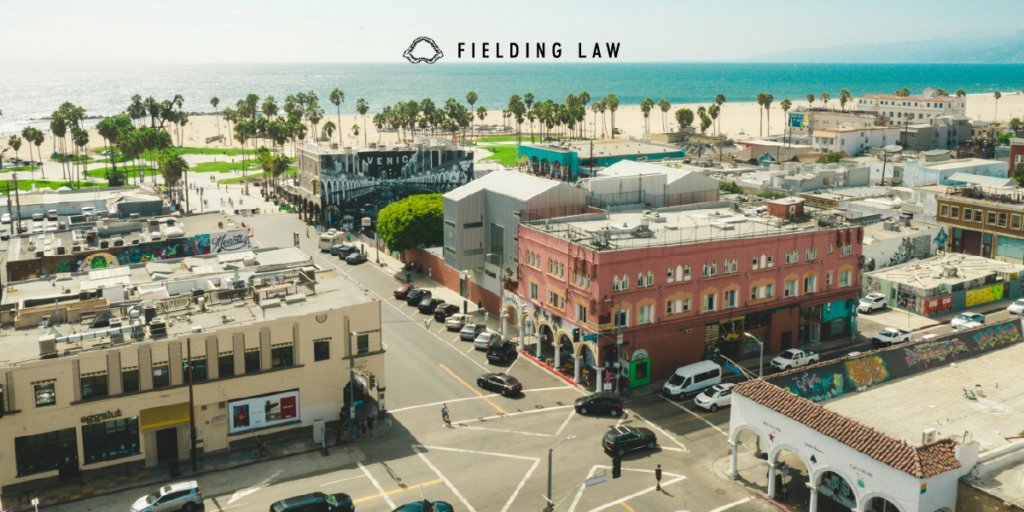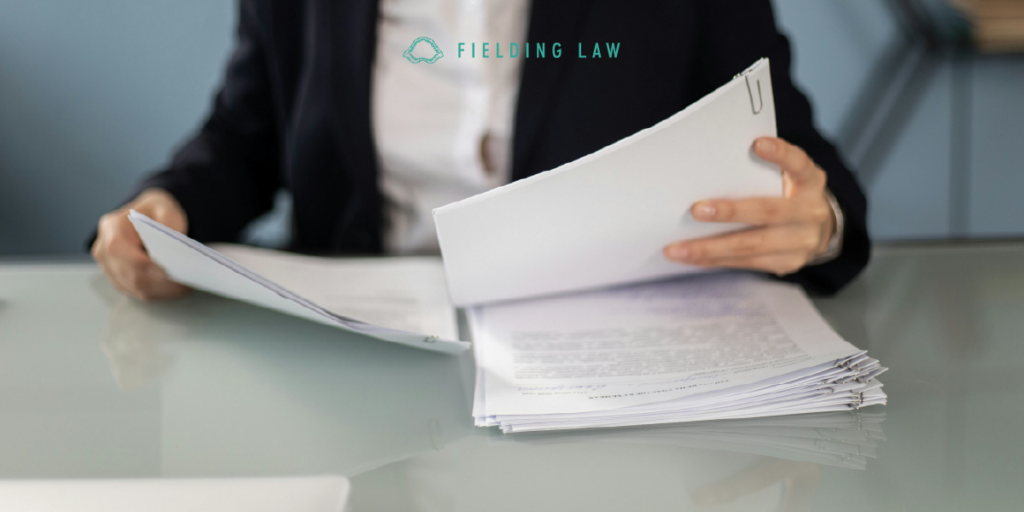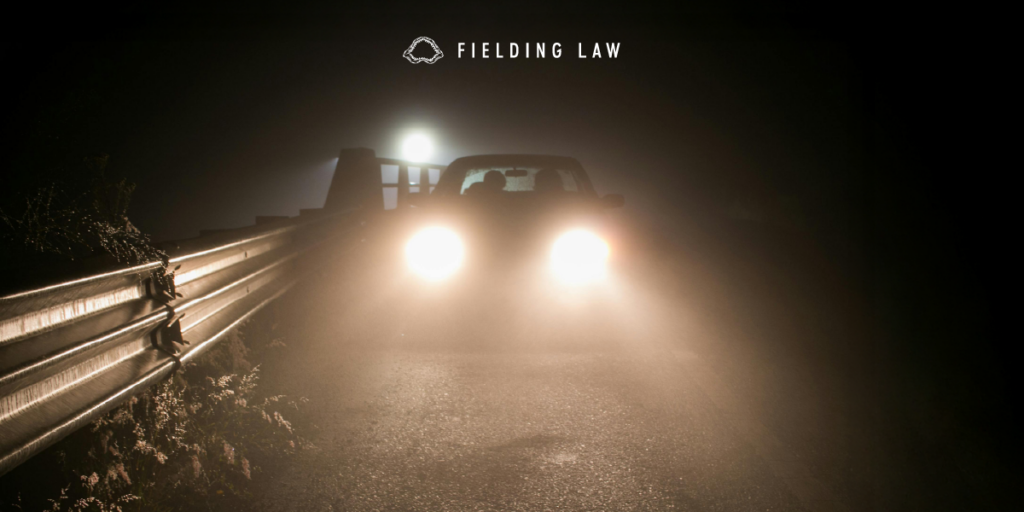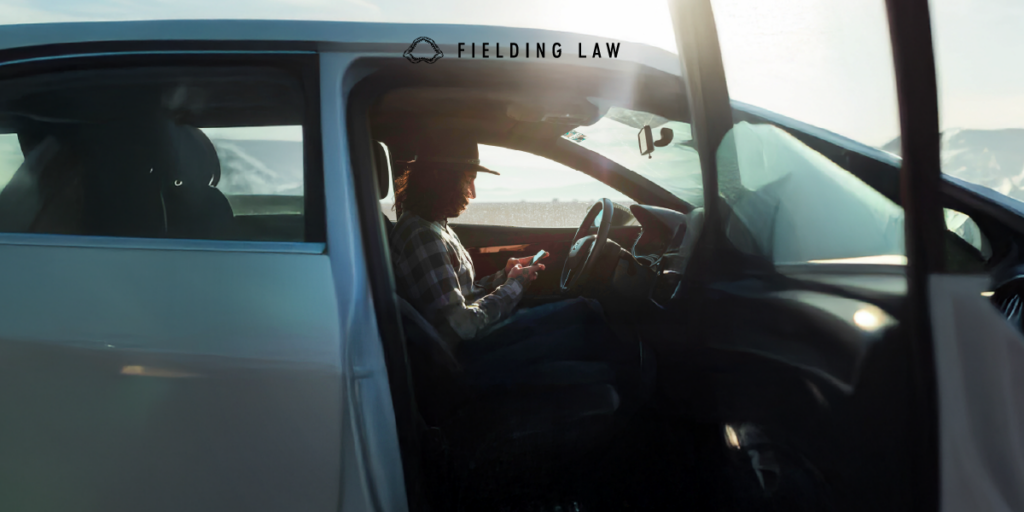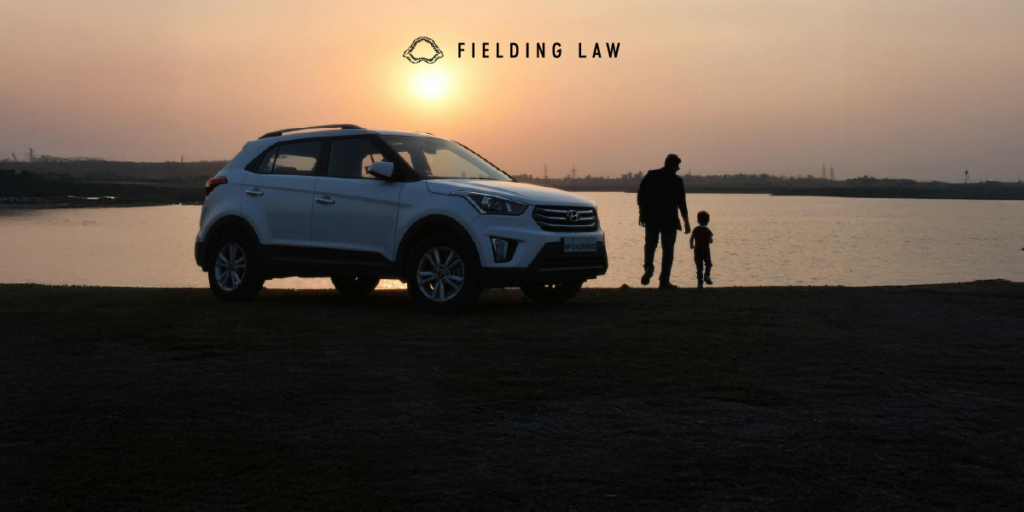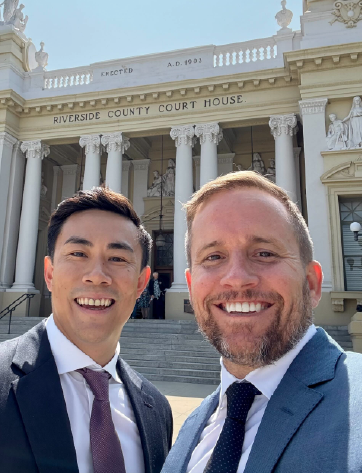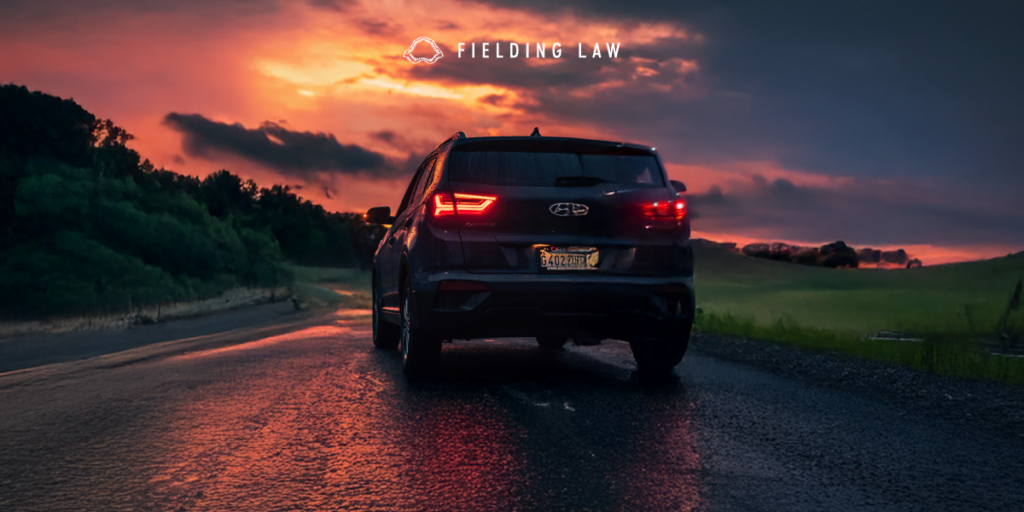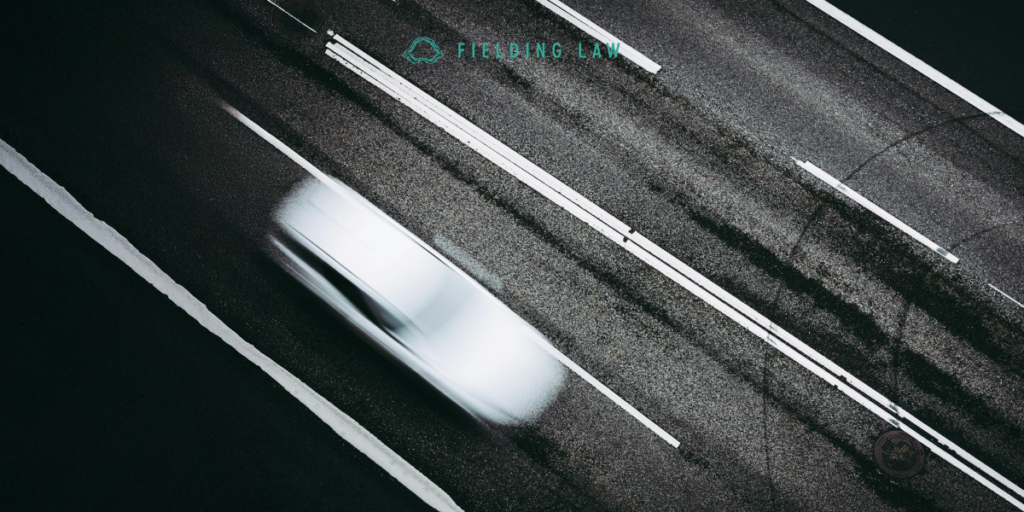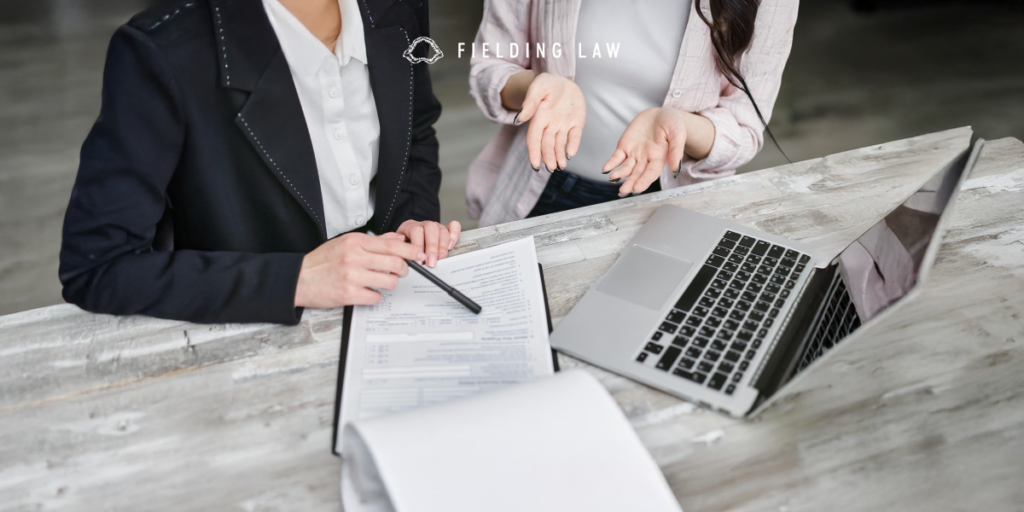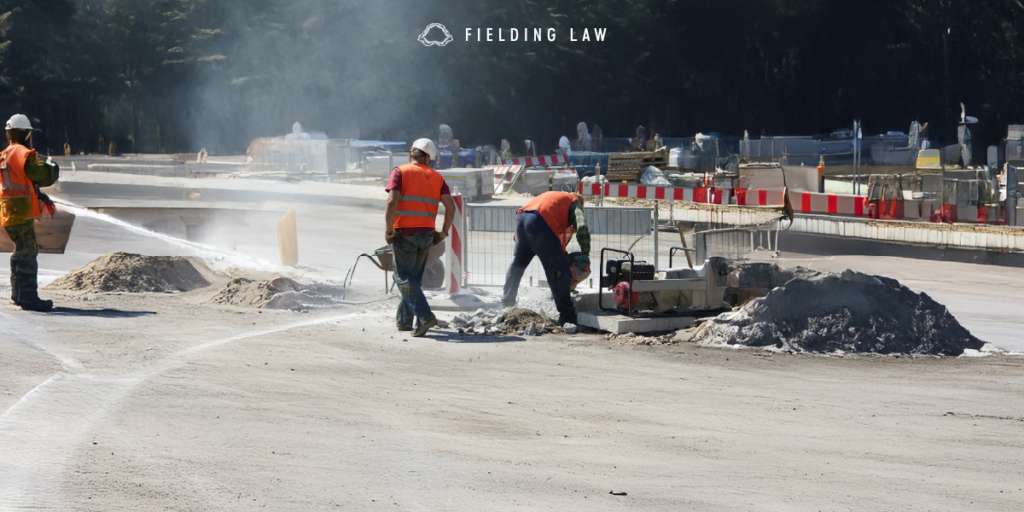
Working on or near roadways can be a dangerous task for tow truck drivers, landscapers, and other professionals. With traffic speeding by, it is essential to follow strict safety protocols to minimize the risk of accidents and injuries. Understanding roadway safety for workers is crucial to keeping workers safe while they perform their duties near moving vehicles. The following safety tips are essential for anyone working in these high-risk environments.
1. Always Wear High-Visibility Clothing
Wearing high-visibility clothing is crucial for any worker near traffic. Bright vests, jackets, or shirts with reflective strips ensure you are seen by drivers, particularly during low-light conditions like dawn or dusk. Roadway safety for workers starts with visibility, so make sure to wear proper gear to reduce the chances of an accident.
2. Use Warning Signals and Signs
Proper warning signals, such as reflective cones, flares, and signage, are essential for alerting drivers about work zones. Tow trucks should activate emergency lights, and workers should set up warning triangles or other visibility markers to enhance safety. Implementing these roadway safety for workers measures is key to reducing the risk of accidents.
3. Work with a Spotter
Whenever possible, have a spotter to help guide traffic and ensure workers remain safe. Spotters can signal when it is safe for workers to proceed and warn them of approaching vehicles, improving overall safety.
4. Set Up a Safe Work Zone
Creating a safe work zone is crucial to keeping workers out of harm’s way. Positioning vehicles in such a way that shields workers from traffic and using barriers or other protective measures can greatly reduce the risk of accidents.
5. Keep a Safe Distance from Moving Traffic
Workers should remain as far from moving traffic as possible. When working on the shoulder of a highway or in active lanes, it is vital to stay within designated work zones and avoid standing in traffic lanes.
6. Ensure Vehicles Are Properly Equipped
Tow trucks and other work vehicles should have safety features like reflective materials, warning lights, and properly secured equipment. These measures help make workers more visible and reduce the risk of accidents.
7. Always Be Aware of Your Surroundings
Maintaining awareness of the environment around you is essential for staying safe. Workers should avoid distractions and continuously monitor approaching vehicles, potential hazards, and any changes in road conditions.
8. Ensure Proper Training
Proper training is essential for anyone working on or near roadways. Tow truck drivers, landscapers, and other professionals should be well-versed in traffic laws, safety protocols, and how to handle hazardous situations.
9. Avoid Working in Bad Weather
Bad weather significantly increases the risk of accidents. Tow truck drivers and roadside workers should avoid working during conditions like heavy rain, fog, or snow unless absolutely necessary. When working in adverse weather, extra precautions should be taken.
10. Be Prepared for Emergencies
Emergencies can arise, even with all precautions in place. Tow truck drivers and roadside workers should be familiar with emergency first-aid procedures and know how to respond in case of an accident.
Why Hire Fielding Law?
If you are a roadside worker who has been injured in an accident while working near traffic, Fielding Law is here to help. Our attorneys are experienced in handling traffic-related injury cases and can help you secure the compensation you deserve. We understand the unique risks that come with working on or near roadways, and we are dedicated to helping you through the legal process. Contact us today at 833.88.SHARK for a free consultation.
Note: Information provided is for educational purposes and does not constitute legal advice. Always consult with a qualified attorney for legal concerns.

